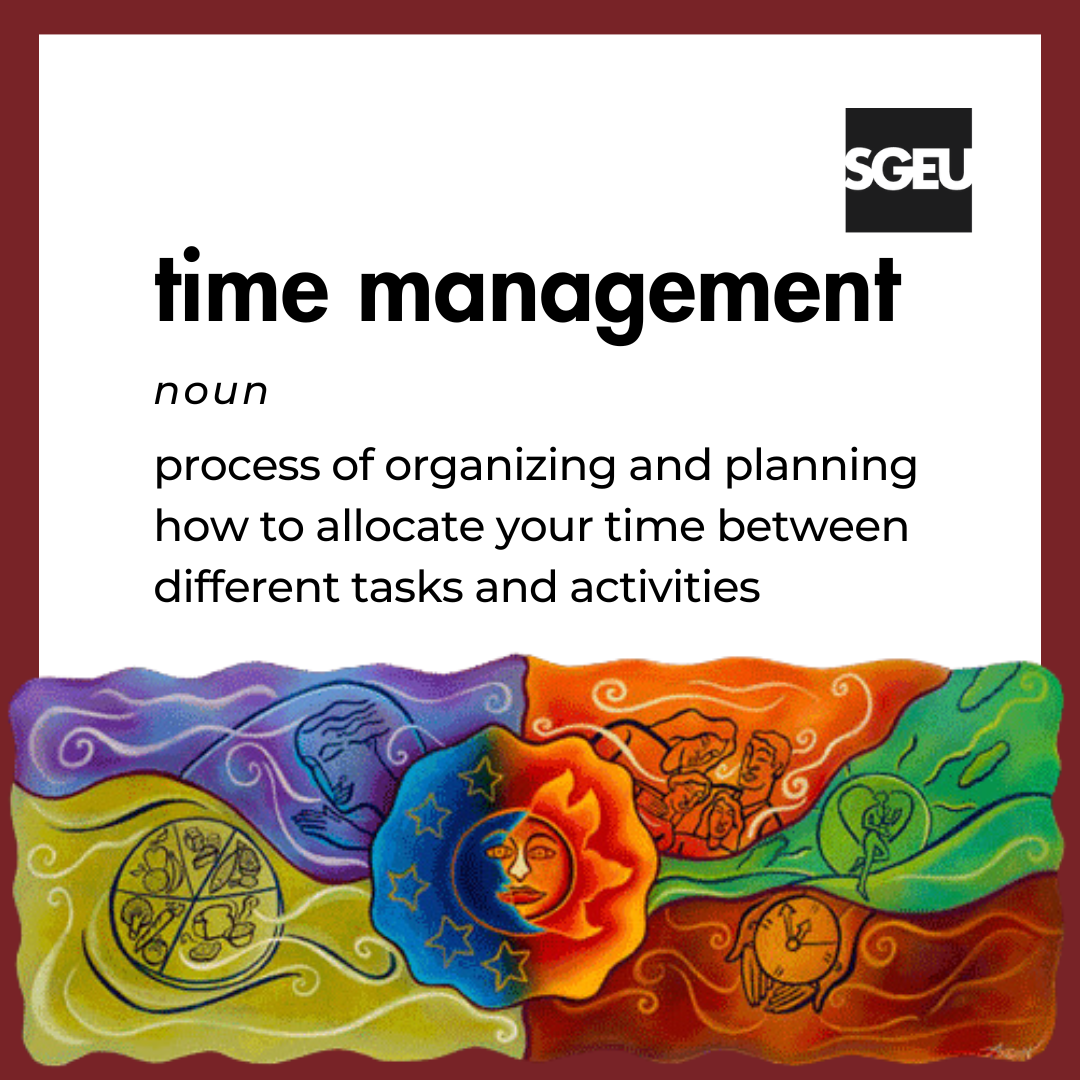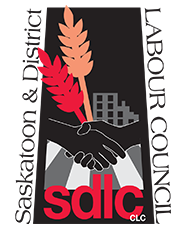 TIME MANAGEMENT
TIME MANAGEMENT
- Time-management is a set of related common-sense skills that help you to use your time in the most effective and productive way. To be a successful time manager you will learn how to:
- determine which of the things you do are important
- determine which can be dropped
- control distractions that waste your time and break your flow
- increase your effectiveness
- reduce stress
- Becoming more effective in your use of time, you can reduce stress by being in control of what you do.
- It is necessary to determine how you spend your time. To determine how time is spent, keep an activity log. Make note of:
- the thing you do as you do them
- every time you change activities
- how you feel, whether alert, tired, energetic, etc., when you write down your activities.
- An important step in learning to concentrate on results is learning how to set goals and plan.
SETTING GOALS AND PLANNING
- Planning is process by which you work out what you want to achieve and then think through the “hows” of achieving that goal in the most effective way possible. You can use the planning method both for planning personal time and for planning the time in which you work to accomplish a task.
- First Step: Start by setting goals for what you want to achieve.
- Helpful Hint: where you have several goals, give each a priority
- Here are some broad guidelines toward setting effective goals:
- Use positive statements, such as “I will”
- Be precise
- Set priorities
- Write goals down
- Keep immediate goals small
- Set performance – not outcome – goals
- Set specific goals
- Set realistic goals
- Planning to achieve a goal:
- short term goals help workers manage their time better on a daily basis
- list time estimates for each goal; this will help you be aware of how much time you will need each day to accomplish all that you are asking of yourself
- letting go; you may have to drop a task. This is okay as long as you do not drop something that is important to you or that you will agonize over.
- make an action plan
USING TIME FOR EFFECTIVELY
- High-energy times; it is important for you to understand that you function at different levels of effectiveness at different times of the day. And remember, energy levels are influenced by sleep and nutrition as well as your biological clock.
- Plan to wait; there will be time that you will spend waiting for something else to happen or to be finished. You must plan for this to happen at some point, and save tasks that do not need to be done immediately but can be done while waiting for these times.
- Ready time; sometimes it might be best to delay an activity that you have planned because you are tired, upset, are not sure what to do, etc. This may mean you have to move some of your tasks to tomorrow’s list.
- Procrastination; most often when people delay things they are procrastinating. The way to tackle procrastination is to make your goals important to you and set deadlines by which goals should be achieved.
- Unavoidable diversions; however good you are at planning the use of time and using it effectively, some of the time other people will break into the flow of your work. Often we let these distractions and interruptions completely divert us from the work at hand. This can be managed. Schedule a certain amount of time each day to make telephone calls and keep a list of people you need to call back.
- Unwanted delegators; there will also be people who try to pass off difficult jobs that they do not want to do onto you. It is not necessary that you say yes to every request that other people make of you. Learn to say no in a polite but firm way to these requests.
- Good time management is one of the core differences between effective and ineffective people.
TIME MANAGEMENT SUMMARY
- Many people feel stressed because they don’t feel there’s enough time. The bright side is – there are many helpful time-management techniques
- Time management is a set of related common-sense skills that help you use your time in the most effective and productive way
- Don’t rely on your memory to determine how to spend your time
- It’s important to set goals – short term and long term
- Make sure your goals include time to relax and enjoy life outside of work
- Make a plan on how to achieve those goals
- Plan for unavoidable diversions
- Good time management is one of the core differences between effective and ineffective people





